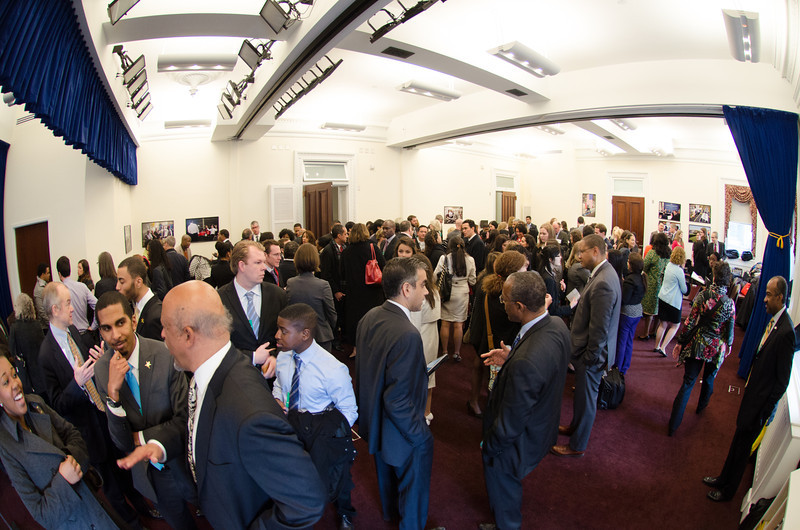
The event followed this past summer’s White House Tech Inclusion Roundtable, where more than 50 tech executives, investors, entrepreneurs, educators, and students convened to brainstorm ways to broaden the Nation’s tech talent pool and help achieve the President’s goal of increasing the number of graduates in science, technology, engineering, and math (STEM) by one million within the next ten years.
Over the past several months, through the work of many committed community groups, businesses, and other organizations, ideas born at the August Roundtable have materialized into five new private-sector initiatives that promise to deliver tangible results. The following new efforts to engage youth in tech were announced at last week’s Summit:
- America 2020: This innovative initiative will unite education non-profits, schools, and technology professionals to transform the way young people are introduced to and learn about technology through mentorship. America2020, which will launch in late 2013, calls on CEOs of innovative American companies to commit, by the year 2020, 20 percent of their tech employees to teach or mentor for at least 20 hours per year, focusing especially on computer science and other areas of science, technology, engineering and math. Email here to request more information about this initiative.
- Accelerate Local Communities: This community-focused initiative will launch a process that empowers cities, under the leadership of Mayors, to bring together NGOs, public organizations, and private companies to develop action plans for building more vibrant, inclusive, and competitive local innovation economies. Email here to request more information about this initiative.
- CS Online: This web-based initiative will provide a new online platform to train computer science teachers at public high schools and community colleges in web-based programming languages that are relevant today for practical applications and future employment. Teachers can also use this platform to teach their students these same-programming languages to complement existing computer science classes. Email here to request more information about this initiative.
- Connect to Tech: This network-building initiative will host both an online directory and offline events across the country to help connect STEM-focused organizations and after-school programs with parents and youth in underserved communities. Email here to request more information about this initiative.
- HBCU Startup and Innovation Initiative: This campus-based initiative will enlist Historically Black Colleges and Universities (HBCUs) to promote STEM education, tech-entrepreneurship, and commercialization on school campuses through entrepreneurial training and by establishing an HBCU Innovation Fund. Email here to request more information about this initiative.
We are excited to see the formation of a strong ecosystem of initiatives from the public and private sectors to make America’s technology sector even more inclusive.
Brian Forde is Senior Advisor to the U.S. CTO for Mobile and Data Innovation at OSTP
Steve Robinson is Special Assistant at the Domestic Policy Council


